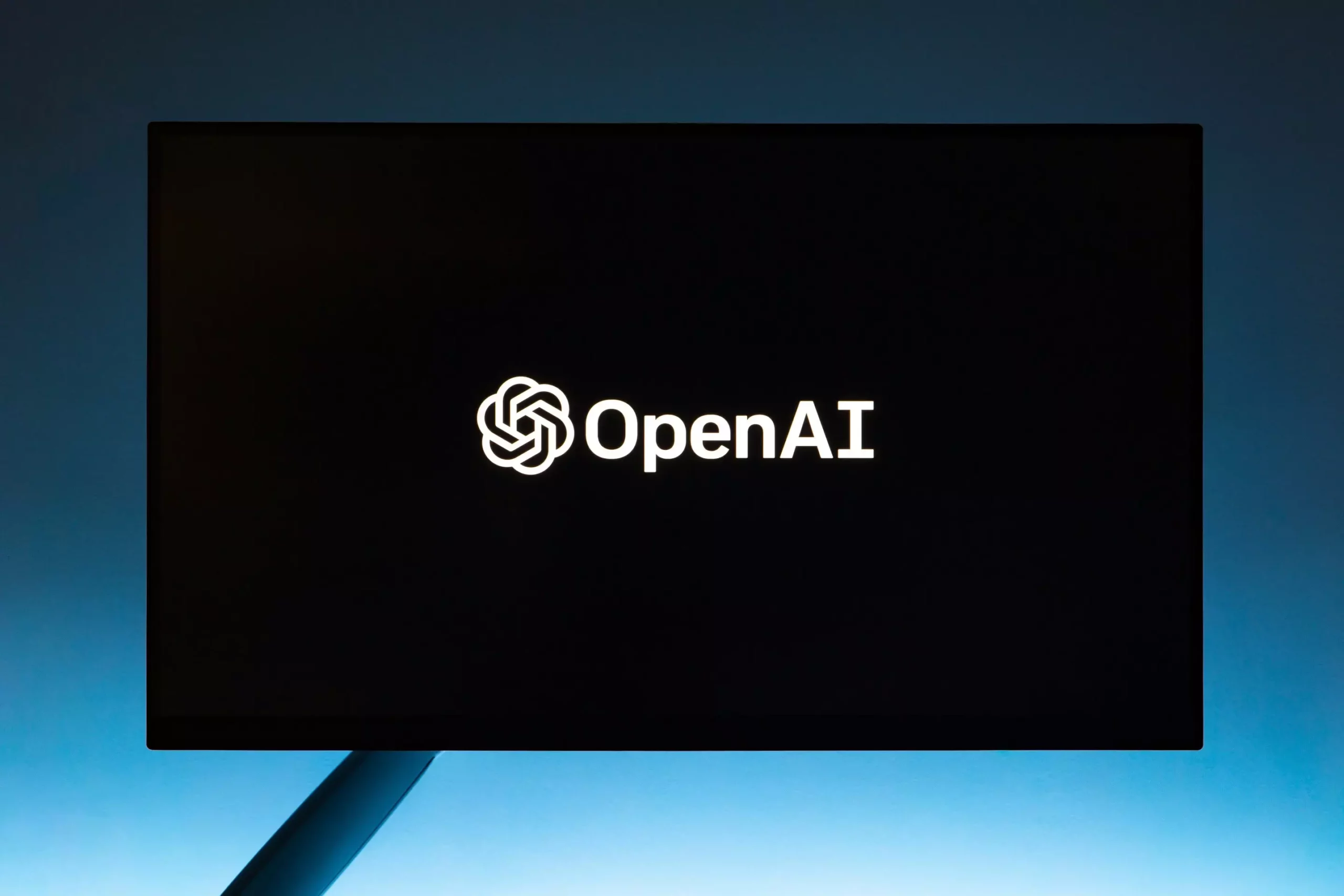OpenAI’s recent shift against a pending California law designed to establish safety standards for large artificial intelligence (AI) developers raises eyebrows. Once an advocate for regulatory frameworks—voiced by CEO Sam Altman—the company now seems to prioritize its ambition amid its soaring market valuation of approximately $150 billion. The unexpected opposition to regulation underpins a broader narrative about the delicate balance between innovation and ethical responsibility. As OpenAI continues to lead the charge in AI development, the implications of its business strategies beg for scrutiny.
The tech giant’s aggressive data acquisition strategies pose significant ethical questions. OpenAI has made visible efforts to partner with media giants, including Time Magazine and The Financial Times, to access vast troves of content. Such collaborations foretell a landscape where user engagement metrics will be under the microscope, potentially allowing the company to create highly detailed consumer profiles. While harnessing user behavior analytics may yield insights that enhance AI functionalities, it also opens the door to invasive surveillance tactics. The concern here is not just about the methodology of collecting data but also about the purposes to which it could be put.
OpenAI’s ambitions don’t stop at content data; they extend into sensitive spheres involving health and biometric data. Collaborations like Thrive AI Health aim to tailor health interventions at a personal level using AI, which, while promising, also raise alarms regarding privacy and security measures. Given the historical instances of data breaches in health-related projects, questions arise about the efficacy of the promised “robust privacy and security guardrails.” Past partnerships, such as those between Microsoft and health organizations, have shown that well-meaning initiatives can inadvertently lead to invasive data practices.
As OpenAI expands its reach within the biometric domain—illustrated by its investment in webcam technology designed to capture nuanced facial data—ethical dilemmas only deepen. The risk associated with such centralized control over sensitive personal information is exacerbated by reports of past privacy failures across the tech industry. Drawing from the disastrous Medisecure data breach, where a massive amount of personal health data was compromised, the potential for massive data consolidations raises grave concerns about surveillance and personal security.
Moreover, in this evolving landscape, the implications of OpenAI’s actions extend to the control it could exert over individuals and entities alike. An AI company with access to nuanced behavioral data combined with health insights could wield substantial influence over public opinion, consumer preferences, and even general societal behavior. Without stringent checks and balances, such a concentration of power feels precarious.
Worldcoin and Biometric Controversies
Another dimension to OpenAI’s data maneuvers is its connection to Worldcoin, a venture co-founded by Altman that seeks to create a global identification and financial network using biometric data, specifically eye scans. This venture, although ambitious, has attracted significant scrutiny; various jurisdictions are questioning whether its data practices align with strict privacy laws like those established within Europe. The chilling question lingers: What happens when a tech giant involved in the most sensitive data collection becomes the arbiter of societal progress?
Given that millions of people have already had their iris scanned, the implications regarding consent and data ownership loom large. The interplay between data collection for innovation and potential exploitation is a precarious one, particularly when the public remains largely uninformed about the depth of these practices.
The Road Ahead: Balancing Innovation and Ethics
OpenAI’s anti-regulation stance is not merely a political choice; it symbolizes a broader attitude towards the commercialization of AI technologies at the expense of ethical considerations. By eschewing regulation, OpenAI risks setting a precedent within the tech sector that may emphasize profit over people. This strategy is compounded by an internal culture that prioritizes swift market penetration.
The consequences of aggressive data strategies, particularly in the context of privacy lapses and ethical questions surrounding AI, cannot be understated. As AI technology becomes ever more integrated into daily life, the necessity for an ethical framework governing its development and implementation grows paramount.
In sum, OpenAI’s recent decisions and strategic moves serve as flashing warnings—highlighting the ongoing tension between pioneering new technologies and upholding ethical commitments. A thoughtful dialogue regarding privacy, consent, and transparency is essential in navigating this complicated landscape, lest society pays a high price for unchecked advancement in AI technology.

